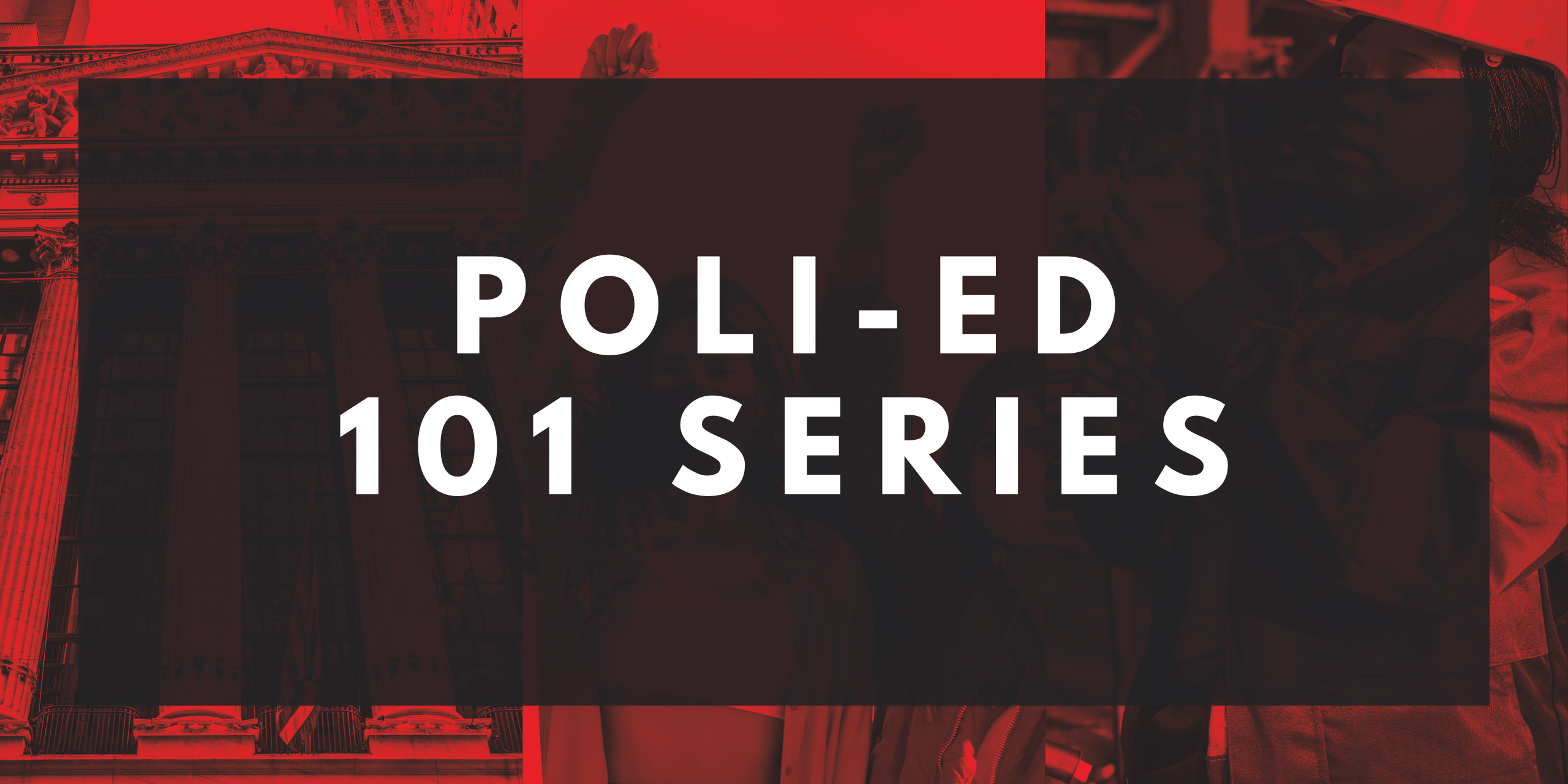Poli-Ed 101: Module 3 – Why the Working Class?
“Why the Working Class?” is the third module in our 3-Part DSA Political Education 101 Series. The readings have been selected to highlight DSA’s fundamental political analysis and key political questions so that we can use them as the core of our political education work in order to equip all DSA members with a common base of knowledge to apply to our organizing efforts. Each of the readings contain particular political points of view and members are encouraged to critically engage especially where they may raise fruitful debates.
—-
The goal of this module is to discuss why organizing the working class is central to advancing democratic socialism.
By understanding classes under capitalism as a set of relationships between social groups (rather than a set of attributes such as income level, education, or cultural affinity), socialists identify who is on which side of the fence in capitalism. (See this 2-min video, What Is Class for background on the socialist definition of class).
This lesson takes up what makes the working class uniquely capable of and willing to confront capitalism. It is not because we are a majority (we are) or because we are the most oppressed and exploited (we are) but because of our central role to capitalism. The benefits accrued by the capitalist class are causally linked to the exploitation of the working class. Therefore, as Viviek Chibber succinctly puts it, the working class has the leverage to change the world because “capitalists can only make their profits if workers show up to work every day, and if they refuse to play along, the profits dry up overnight.”
Finally, working class struggle is also essential to liberation of all sorts. Capitalists not only exploit us, but they also dominate us politically and socially to ensure their continued power and prosperity. As Ellen Meiksins-Woods and Sara Nelson each argue, the only path out of this relationship is a collective struggle to end political, social and economic exploitation.
The readings for this module are:

